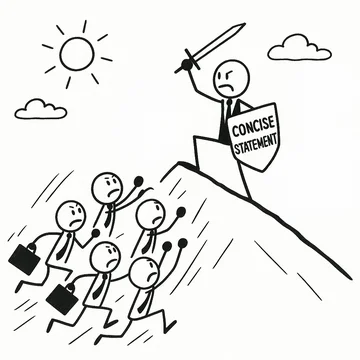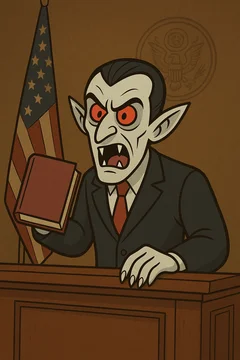
We've written about how Chief Judge Connolly has taken a stand on willfulness and indirect infringement allegations, ruling unambiguously that a lawsuit itself cannot be the basis for knowledge of infringement to support a claim of willfulness or inducement.
Today, he took it one step further, granting summary judgment of no willfulness even though plaintiff accused new products that were released after the complaint:
Boston Scientific's . . . argument is that summary judgment is precluded because "Nevro was put on notice of Boston Scientific's [#]933 and [#]193 Patents and its infringement of those patents at least as early as December 9, 2016, when Boston Scientific filed its 2016 Complaint," and "[r]ather than make any effort to design around Boston Scientific' s patents, Nevro launched two new infringing products." . . . But a claim for willfulness-based enhanced damages under § 284 cannot be sustained "where the defendant's alleged knowledge of the asserted patents is based solely on the content of th[e] [operative] complaint or a prior version of th[at] complaint filed in the same lawsuit." ZapFraud, Inc. v. Barracuda Networks, Inc., 2021 WL 1134687, at *4 (D. Del. Mar. 24, 2021).
Beyond that, Chief Judge Connolly confirmed again that pre-suit knowledge of the patent alone is insufficient; plaintiff must show pre-suit knowledge of the infringement:
Boston Scientific . . . argues . . . that summary judgment cannot be granted because "it is undisputed that Nevro knew about the [#]193 patent prior to the [filing of the] Complaint." D.I. 713 at 1. Knowledge of a patent, however, is not sufficient to establish willful infringement of that patent. . . . As noted above, at a minimum, willful infringement is knowing infringement. Knowledge of a patent is not the same thing as knowledge that a product or the use of that product infringes the patent. Boston Scientific has identified no fact from which it could plausibly be inferred that Nevro knew that its Senza System or the use of that system infringed the asserted patents.
He granted summary judgment of no willfulness.
Defendant had ranked motion second among its summary judgment motions, and the opening brief was very efficient at less than four pages long. The Court has not yet ruled on defendant's first-ranked motion.
What About Induced Infringement?
The Court mentions that the plaintiff also asserted induced infringement:
Boston Scientific alleges that Nevro's Senza System, a high frequency spinal cord stimulator, and Nevro's inducement of health care providers and patients to use that system infringe the asserted claims of the asserted patents.
The opinion also notes that—like willfulness—"induced infringement under § 27l(b) requires knowledge that the induced acts constitute patent infringement." And the opinion is very clear that the defendant lacked any such pre-suit knowledge.
That makes me wonder: why didn't the defendant move for summary judgment of no inducement, given that there was no pre-suit knowledge of infringement?
If you enjoyed this post, consider subscribing to receive free e-mail updates about new posts.




